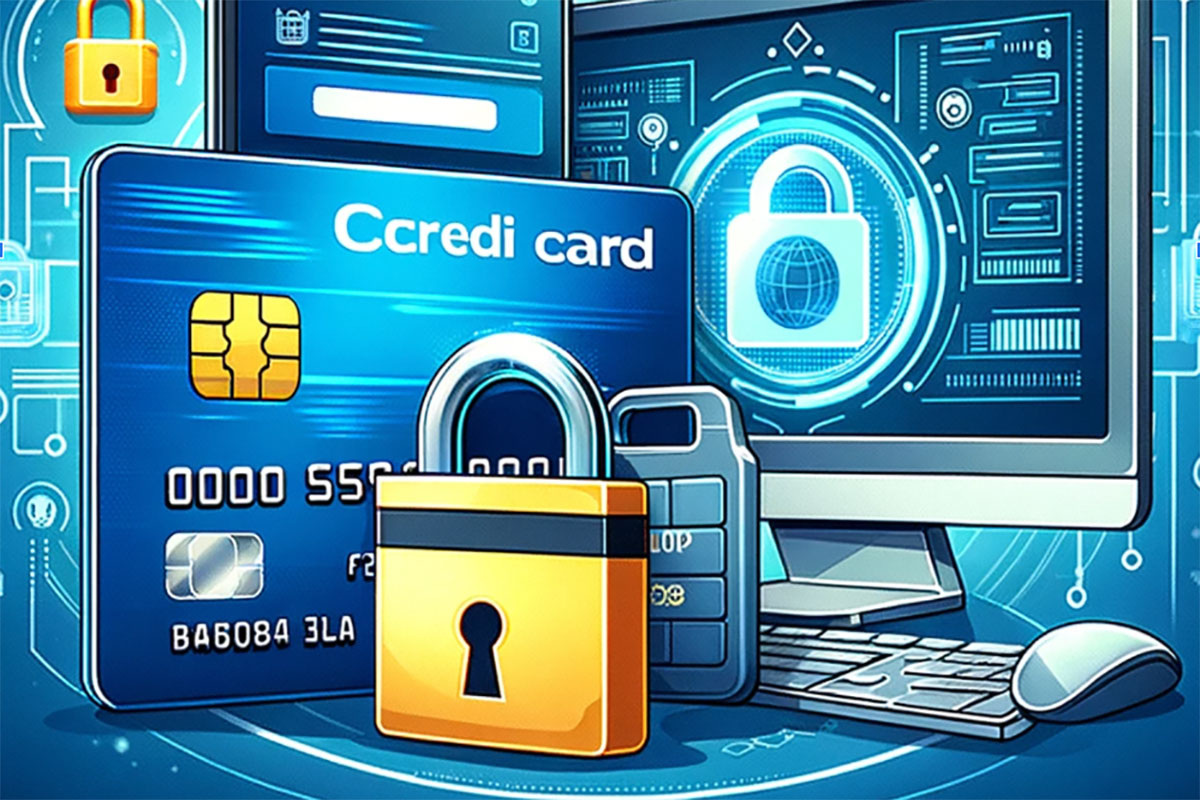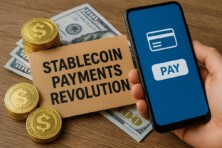There are many different ways to pay online. Consumers should be aware that there are secure and less secure payment methods. Consumers can be guided by the principle: “First the goods, then the money”.

Which online payment methods are secure? It may not be the most convenient way to pay by invoice. However, this payment method is the safest. If an online retailer does not offer the option of paying by invoice, direct debit and credit card are also very secure methods of payment. Provided there is a secure internet connection. This means: a connection that is protected against viruses and the like. This is usually the case on a home PC. Another indication of a secure connection is the small green lock symbol in front of the URL at the top of the address bar.
By far the most secure payment option: purchase on account Purchase on account is by far the most secure payment option for consumers on the Internet. The customer can wait for the goods to arrive and check them at their leisure. In the end, only what the customer actually keeps is paid for. A major advantage is that the consumer does not have to disclose their bank details to the retailer. The disadvantage is that customers have to take care of the transfer themselves and not miss the payment deadline. Caution: As a rule, transfers cannot simply be cancelled. If you enter an incorrect IBAN that does not exist, it is possible that the transfer will not be executed at all. You will receive an error message and the transfer will not be authorised. If there is an inadvertent transposed number in the transfer entered and the IBAN is still valid, you need to act quickly. The error must be reported to the bank immediately. If the money has not yet been debited from your account and has not yet been credited to the recipient’s account, the bank can stop the transfer. However, if the money has already been credited to another account, it is too late. The bank no longer has access to the amount. However, paying by invoice is a considerable risk for the merchant. He delivers the goods before he has the money and has to worry about sending reminders and possibly hiring a debt collection agency if the customer does not pay.
SEPA Direct Debit Scheme
When buying goods on the Internet, it is rather unusual for the buyer to authorise the retailer to debit the money from his account.
For insurance, electricity, gas and telephone contracts, however, payment by SEPA direct debit is common.
This form of payment is convenient and cost-effective for customers and retailers.
A major advantage for consumers is that SEPA direct debits can be cancelled for up to 8 weeks.
This means less financial risk for the consumer, as they have less reason to fear that they will not get anything in return for their money.
Tip: If you as a consumer find yourself in the situation where money has been debited from your account and you have not received anything in return, contact your bank as soon as possible!
Payment by credit card
Payment by credit card is quick and easy, as you only need to enter your credit card details. As the goods are paid for immediately, there is no waiting time for the money to arrive and the order is processed immediately by the retailer.
There is also a low financial risk for the consumer here, as they can object to any debits that they have not authorised.
In the event of credit card fraud or incorrect bookings, the amount debited can usually be refunded to the consumer, as there is the option of a chargeback.
Incidentally, since 13 January 2018, merchants are no longer allowed to charge a surcharge to cover the costs of using VISA and Mastercard.
Caution:
When entering sensitive credit card details, you should ensure that you only enter them on a secure website.
You can recognise secure websites by the abbreviation “https://” and the padlock symbol in the browser line. This also applies to online casinos, so choose only secure sites. We remind you that most online casinos accept various types of payment, and bonus offers, such as Richard casino free chip, will help you spin slots with profit.
PayPal, Klarna & Co.: Payment via a payment service provider
When paying online, you often have to deal not only with your own bank, but also with third-party providers.
These offer payment options that an online retailer can integrate into their website. Some retailers even only offer this one option.
A link takes you directly from the seller’s site to the provider’s site.
Here you have to identify yourself with your log-in data and can then commission the payment.
These services are processed either by direct payment or via a previously deposited credit balance.
With PayPal, customers can use the so-called buyer protection for 180 days if something goes wrong with the purchase.
Payment by cash on delivery
When paying cash on delivery, the goods are dispatched immediately and the customer only pays for the goods directly to the parcel carrier on delivery.
The disadvantage is that there are usually high cash on delivery charges for the parcel and the customer must be present at the time of delivery in order to pay.
In addition, the consumer can only check the goods once they have already paid.
This can lead to problems with complaints.
It is disputed whether the cash on delivery charges must also be refunded if the goods are cancelled.
Paying the invoice in advance
With prepayment, the consumer pays for the order before the retailer despatches it. The retailer only delivers once the money has been credited to their account.
This payment method is risky for the consumer. This is because, unlike direct debit, money transferred cannot be reversed without further ado. Paying for goods in advance makes it easy for fraudsters You should therefore only pay in advance in emergencies and only for small amounts or if the provider is absolutely trustworthy, for example because it is a large, well-known company.
Western Union & Co.: Cash transfers are often popular with fraudsters
Cash transfer is a service offered by various service providers, such as Western Union.
Money can be sent and received worldwide without the need for a bank account.
The sender deposits an amount at a branch of the provider and the recipient can collect the deposited amount at a branch near them.
The sender and recipient usually have to present ID when depositing and collecting the money.
High fees are usually charged for such cash transfers.
Caution:
You should never make a cash transfer to a person you do not know personally.
As it is possible for a payee to disguise their identity, fraudsters often take advantage of cash transfers to obtain money.
Tips for secure online payments
If you frequently shop online or book flights and hotels online, you should take a few security measures to avoid any nasty surprises:
- Choose a secure password (12 characters or more, upper and lower case, special characters).
- Do not enter credit card details in public networks and only from your own device.
- Only pay when you are on a secure website. You can recognise these sites by the green padlock symbol and the “s” in https:// in the browser line.
- Check that the provider is reputable. Is there an imprint on the site, what are the retailer’s ratings on the Internet, are the prices extremely favourable?
- Check your account regularly.
New rules for online shopping and online banking
The PSD2 directive (Payment Service Directive 2) has been in force since 13 January 2018.
The aim of the directive is to make online payments more convenient and secure, strengthen consumer protection and increase competition.
It was implemented in two stages. The first stage of implementation took place in January 2018 and the second stage in September 2019.
The aim is to further improve security for consumers and bank customers and at the same time facilitate cooperation between banks and payment service providers.
The Payment Services Directive clearly regulates the use of payment service providers and account information services.
In future, banks will also have to grant third-party providers access to a customer’s account within a framework strictly regulated by the Payment Services Directive.
This is the case, for example, if the transfer is not made via the online banking log-in when shopping online, but is processed via a payment initiation service offered on the merchant’s website.
When using an account information service, the consumer has the option of displaying account balances and transactions for all payment accounts held with various banks.
However, these providers are only granted access to the consumer’s account if the consumer explicitly agrees and authorises access.









